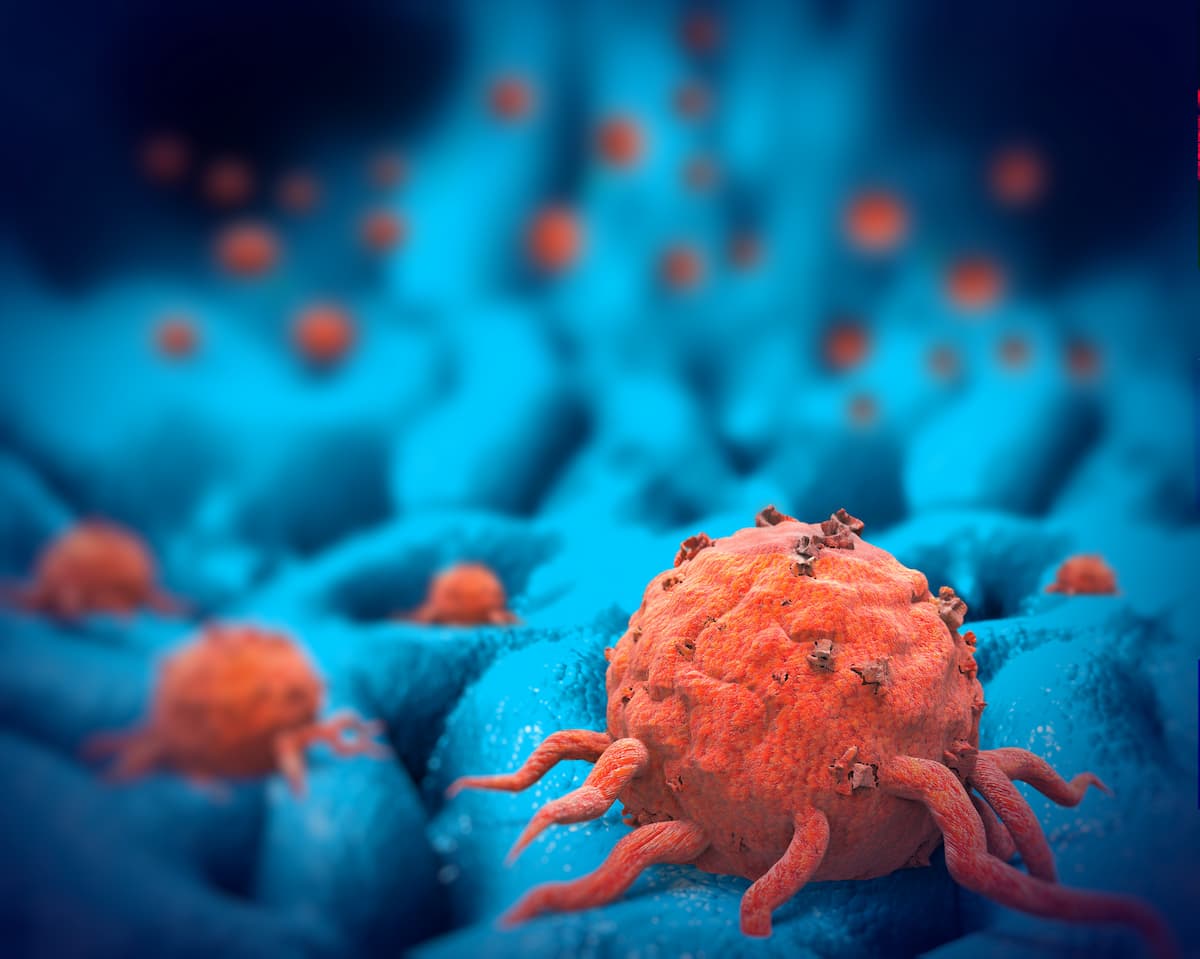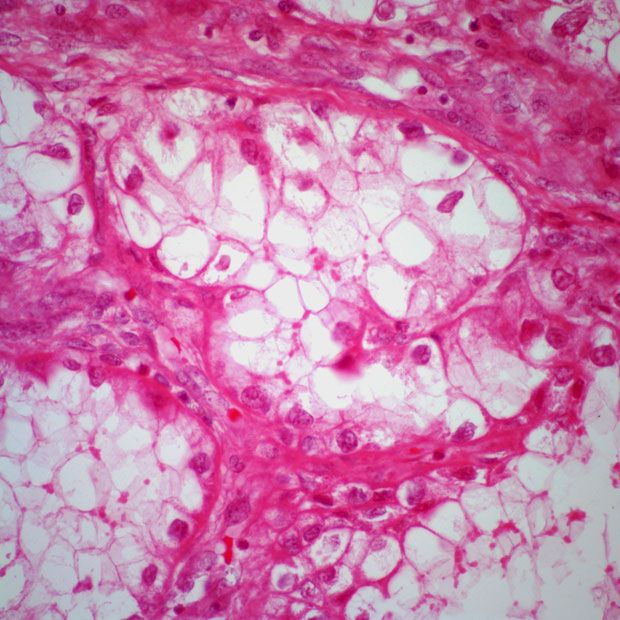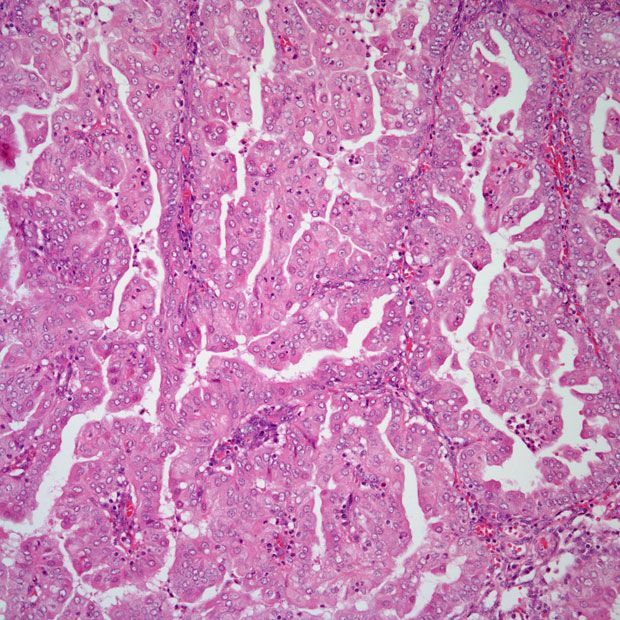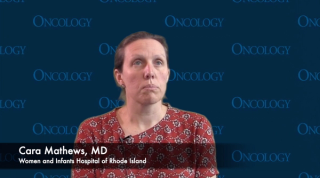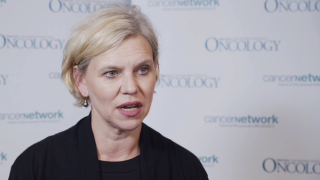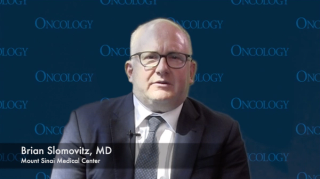
Endometrial Cancer
Latest News
Latest Videos
CME Content
More News
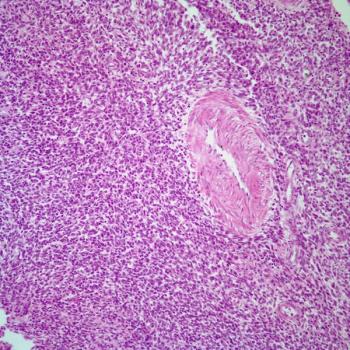
In the SOLAR phase 1b trial, a clinical benefit was observed when patients with RAS-mutated ovarian or endometrial cancer were given olaparib plus selumetinib.

The lower extremity lymphedema screening questionnaire and gynecological cancer lymphedema questionnaire appear to demonstrate comparable utility in assessing lymphedema in patients with advanced endometrial cancer.
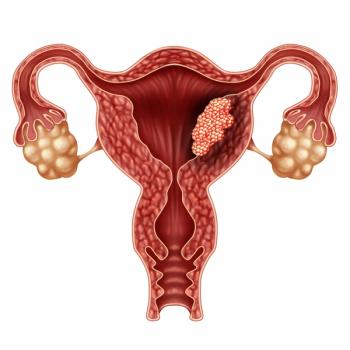
Adding avelumab to carboplatin plus paclitaxel appears to elicit a progression-free survival advantage compared with chemotherapy alone in those with advanced or recurrent endometrial cancer.

Patients with mismatch repair deficient recurrent/advanced endometrial cancer can receive treatment with dostarlimab-gxly following its full approval by the FDA.
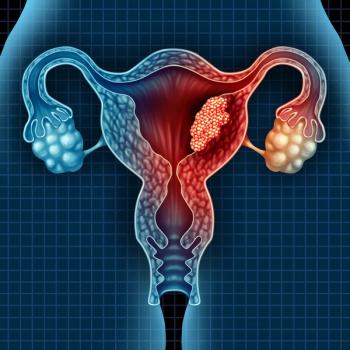
ONA-XR plus anastrozole yields preliminary clinical activity in a small population of patients with refractory, hormone receptor (HR)–positive, metastatic endometrial cancer.
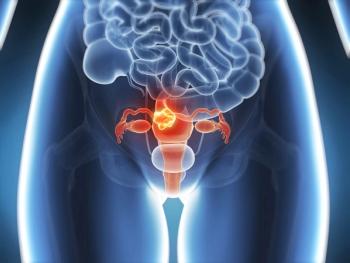
Pembrolizumab plus chemotherapy appears to produce a significant improvement in progression-free survival among patients with advanced or recurrent endometrial cancer.

DB-1303, an investigational third generation antibody-drug conjugate that now has FDA fast track designation, may benefit patients with HER2-overexpressing endometrial cancer.
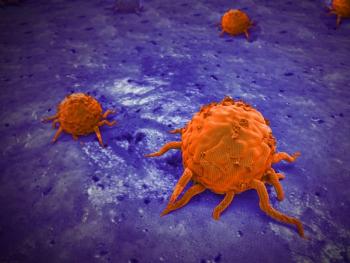
Non-Hispanic Black patients appeared to have higher disease-specific mortality rates than patients of other races, with clinicopathologic factors playing the greatest role in the disparity.

Treatment with dostarlimab plus chemotherapy demonstrated a statistically significant improvement in progression-free survival compared with placebo and chemotherapy among patients with advanced or recurrent endometrial cancer.

Letrozole/Abemaciclib Demonstrate Promising, Long-Lasting Activity in Recurrent ER+ Endocrine Cancer
In patients with estrogen receptor–positive recurrent endometrial cancer, letrozole and abemaciclib combination therapy produced an objective response rate of 30% and a median progression-free survival of 9.1 months.

In a new set of guidelines by the American Society for Radiation Oncology for the treatment of adjuvant endometrial cancer, experts noted that molecular characterization data should be considered when making recommendations.

Results from a retrospective cohort study indicated that vaginal brachytherapy yielded less radiation exposure to the female urethra in patients with endometrial cancer than external beam radiation therapy for those with colorectal cancer.

Receipt of red blood cell transfusions can negatively impact survival outcomes in patients with endometrial cancers, while ovarian cancers were most affected by preoperative global health status.

Results from a phase 2 trial indicated that atezolizumab and bevacizumab yielded a significant duration of response in recurrent endometrial cancer.

Long-term follow-up from the phase 2 KEYNOTE-158 trial showed enduring anti-tumor activity when pembrolizumab was used to treat patients with microsatellite instability–high/mismatch repair deficient advanced endometrial cancer.
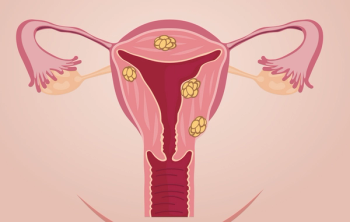
Findings from an updated safety and efficacy analysis of the phase 3 KEYNOTE-775 trial were consistent with the primary analysis and highlighted notable improvements in outcomes among patients with advanced endometrial cancer treated with lenvatinib and pembrolizumab vs physician’s choice.
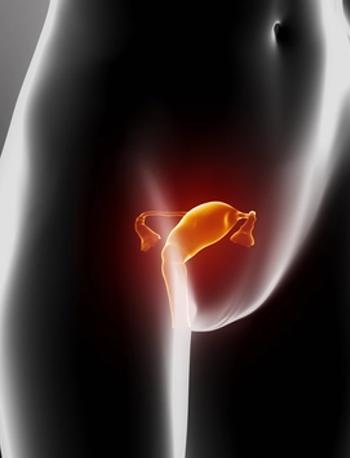
Results from a phase 2 study highlighted a tolerable safety profile when patients with mismatch repair proficient endometrial cancer were treated with avelumab plus talazoparib.

In a population of patients with recurrent mismatch repair proficient endometrial cancer, treatment with avelumab and talazoparib appeared to be well tolerated.

Findings from a recent study show that a neutrophil-to-lymphocyte ratio of less than 6 before treatment was correlated with improved overall survival for patients with endometrial cancer.

Investigators recommended that ddPCR testing and immunohistochemical staining be used to detect POLE status and p53/mismatch repair status, respectively, and allow for more rapid classification and risk-stratification.
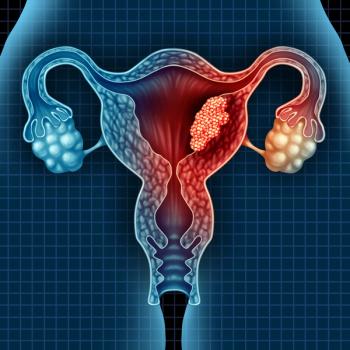
Several immune-related long noncoding RNA signatures—including PCAT19 and SCARNA9—may be associated with prognosis in patients with endometrial cancer, according to the new research.

Endometrial cancer survivors experienced clinically significant weight loss after participating in a behavioral weight loss program.

The GARNET trial expansion cohorts showed durable antitumor activity across multiple populations of patients treated with dostarlimab in advanced endometrial cancer.

Patients enrolled on the phase 3 ENGOT-EN5/GOG-3055/SIENDO study with advanced or recurrent endometrial cancer appeared to benefit from treatment with selinexor compared with placebo.

Data on next line of therapy from the phase 3 Study 309/KEYNOTE-775 trial emphasized the benefit of lenvatinib plus pembrolizumab for advanced endometrial cancer.


